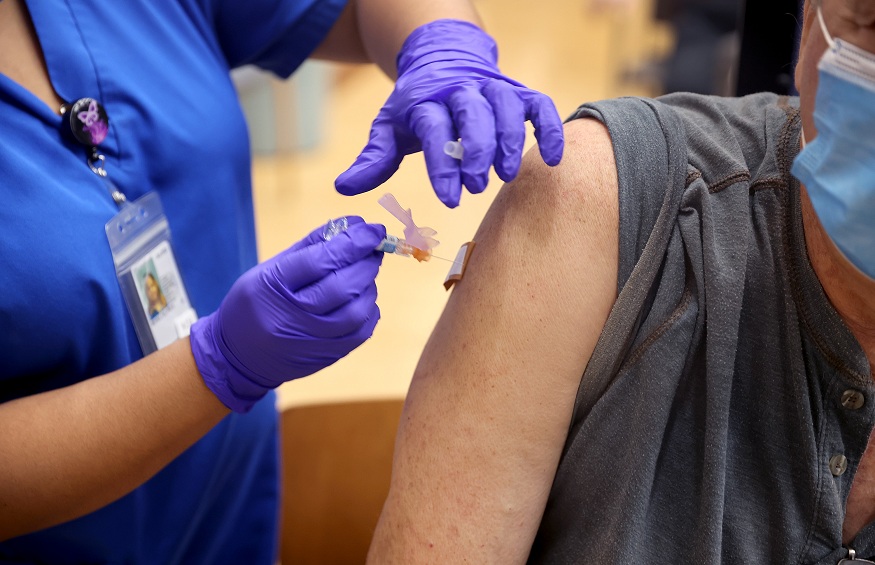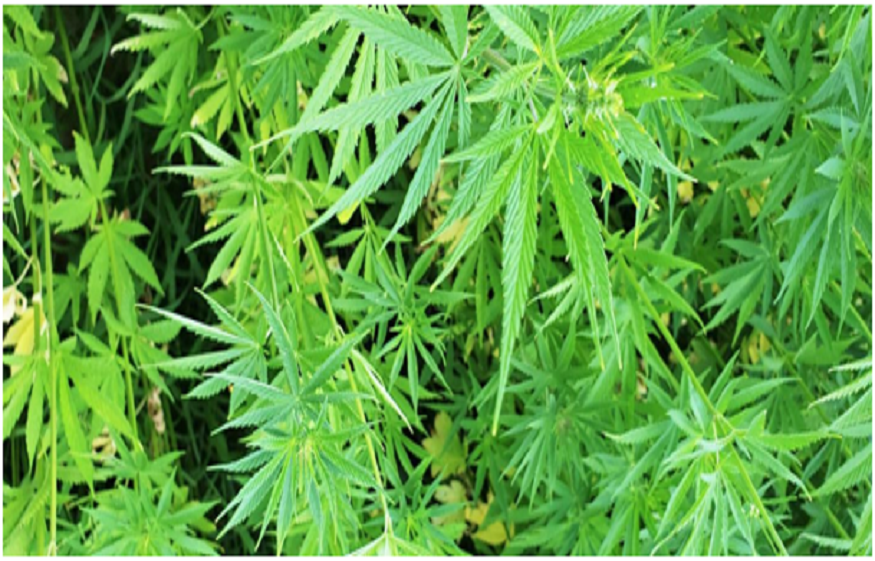What You Must Know About The National Vaccine Injury Compensation Program
The swift production, testing, and distribution of more than 300 million COVID-19 vaccinations were one of the unanticipated changes that occurred in the years 2020 and 2021. Despite the efficacy of the vaccine, there is still a lot of controversy around the question of whether or not to get vaccinated. There are a few adverse reactions that have been reported, which have created some uncertainty regarding the safety of the vaccines. This is despite the fact that the vast majority of data shows that vaccines are safe and effective.
People who have suffered an unpleasant reaction to a vaccine can seek assistance through a federal program that is relatively unknown but exists nonetheless. This program is officially known as the National Vaccine Injury Compensation Program (NVICP), although most people just call it the Vaccine Program.
Who is eligible to make a claim for compensation?
Any individual who now has suffered a bodily injury as a result of the administration of a vaccine or immunoglobulins against any one of the diseases or infections listed above is eligible to file a claim for compensation as a victim of a vaccination.
The individual who is vaccinated, the persons who have received the disease from a vaccinated person, the fetus of either of these people or the individual who is due to life insurance in the event that the vaccinated person passes away can be considered the victim of the vaccination.
In addition, even though the sufferer has the right to bring a civil action against anyone who is responsible for the bodily damage, they are not eligible for double compensation for their losses. In this scenario, the victim is responsible for paying back any money that the Minister has already paid out or has promised to pay.
Significant Inefficiencies, Prolonged Wait Times
Even while it is working as hard as it can under these conditions, the Office of Special Masters nevertheless has significant inefficiencies that continue to slow down the adjudication process and prevent aggrieved petitioners from receiving justice in a timely manner. Petitioners face insurmountable obstacles as a consequence of the two to three-year wait times for scheduling a hearing, which is a direct result of the overburdened system, as well as the insufficient number of overworked special overlords who are responsible for arbitrating VICP claims. Both of these factors contribute to the system’s capacity issues.
When a kid is prevented from receiving potentially life-changing therapy because of the lengthy wait for judgments in a system that is overburdened, justice delayed is definitely justice denied. Even in circumstances where it is assumed that there is a causal relationship, the amount of time required to reach a conclusion has significantly increased.
How Long Is the Waiting Period Before Filing a Claim for a VICP or CICP?
In order to be eligible for benefits under the National Vaccine Injury Compensation Program, you have three years from the time you experienced your first symptom or substantial symptoms to submit your claim. You have two years from the time of the death to file a claim that the vaccine caused the death, and you have four years from the time of the initial symptoms or substantial symptoms to register the claim.
You have one year from the time you received a covered countermeasure, such as the COVID vaccine, to submit your application for the CICP.
The politicized and divisive nature of the COVID-19 vaccines tends to divert attention away from the fact that these vaccines have been extraordinarily successful in lowering the number of significant complications as well as fatalities caused by the virus. Vaccination will continue to be necessary as long as there is a constant risk posed by different virus strains. This highlights how important it is to provide a form of compensation for the extremely uncommon bad effects that may be caused by any treatment that is widely administered while simultaneously offering some security to the vaccine manufacturers.
Decreased waiting time, which can be accomplished by expanding the number of special masters, is the single most crucial aspect of these legislative efforts. Inflation-proofing compensation caps is one of the goals of H.R. 3655. Other goals include extending the statute of limitations by an additional two years and shortening the time it takes for those who receive new vaccines to be eligible for compensation after going through the necessary bureaucratic hoops as per the National Vaccine Injury Compensation Program.
It is possible that other members of your family or friends could also testify. Having your physicians give testimony can prove to be beneficial. An experienced medical practitioner who was retained on your behalf will testify regarding the manner in which the vaccine was responsible for the injury. After that, at least one expert witness from the Department of Health and Human Services would most likely testify as to the reasons why the vaccine did not result in harm. After this is complete, the Special Master would determine whether or not the vaccine was responsible for the harm. In the event that the Special Master rules in your favor, we will proceed to the discussion regarding damages. In the event that we are unable to reach an agreement with HHS regarding the extent of the losses, a new trial will be held to establish the appropriate level of compensation.



